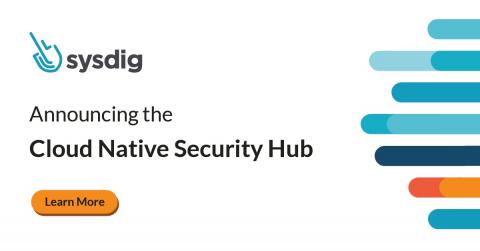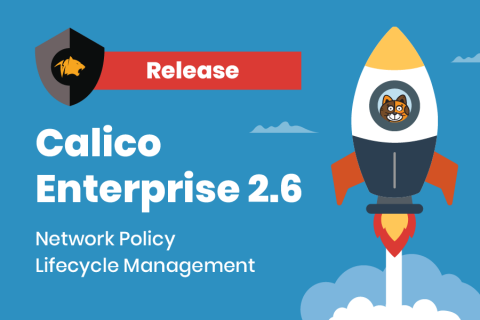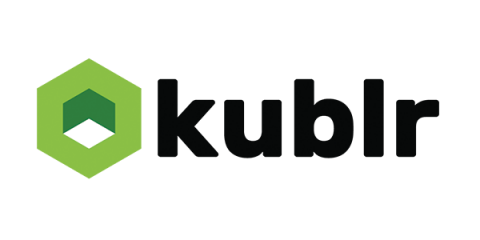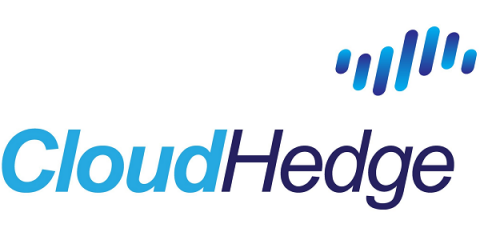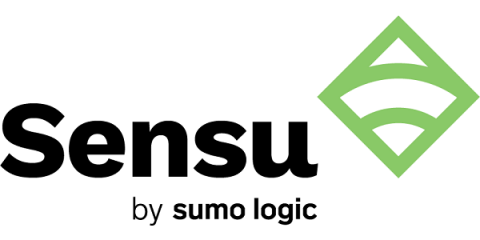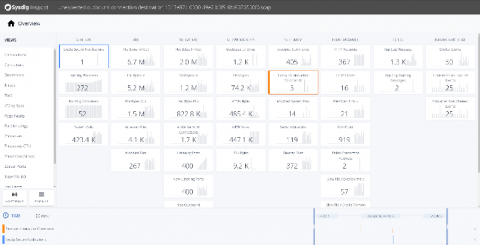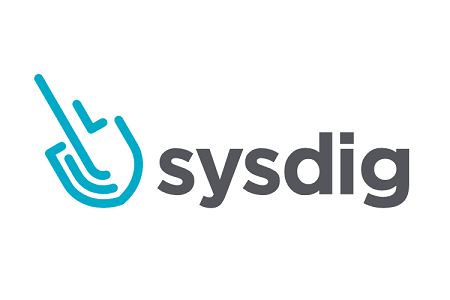Operations | Monitoring | ITSM | DevOps | Cloud
Latest News
Announcing the Cloud Native Security Hub
One of the main benefits to standardized infrastructure is the ability to share application resources across entities. We are taking advantage of this with the Cloud Native Security Hub as we start to explore how to standardize cloud native security.
Security Policy as Code Now Fully Automated with Calico Enterprise 2.6
We are excited to announce the general availability of Calico Enterprise 2.6 (formerly known as Tigera Secure). With this release, it is now possible to fully-automate Security-Policy-as-Code within a CI-CD pipeline, including the ability to implement security as a Canary rollout, which is the most critical requirement to automating network security.
Kublr 1.14. RBAC for Centralized Logging & Cluster Definition w/ Multiple User Instance Groups
Committed to providing reliable and secure Kubernetes across the enterprise, Kublr 1.14. brings further improvements to the UI, operations functionalities, and introduces support for SUSE Linux Enterprise Server.
Multi-Site Orchestration, Breaking the Next Frontier of Enterprise Kubernetes Adoption
While multi-site Kubernetes orchestration has numerous benefits, all of which have the potential to translate into a significant competitive edge, it still largely remains elusive — at least in the vendor space. The reason? Well, multi-site configuration is hard and, since during the first adoption wave, the focus was mainly on one cloud (most enterprises start with simple projects), there wasn’t a real need for it.
App Journey to be Cloud Native - Automated!
Yes, you read it right! The journey of existing apps on-prem to cloud-native has been automated with the use of CloudHedge.io. Allow me to share different steps taken for automation and which scenarios are a better fit. If you have 100s and 1000s of applications and are looking to assess them for cloud readiness, it can be overwhelming! The mix of applications, the infra, the network, and the geographic spread does make the effort of assessment overwhelming.
Kubernetes 101
The appeal of running workloads in containers is intuitive and there are numerous reasons to do so. Shipping a process with its dependencies in a package that’s able to just run reduces the friction of organizational communication and operation. Relative to virtual machines, the size, simplicity, and reduced overhead of containers make a compelling case.
Securing Google Cloud Run serverless workloads
Google Cloud Run is a serverless compute platform that automatically scales your stateless containers. In this post we are going to showcase how to secure the entire lifecycle of your Cloud Run services. Sysdig provides a secure DevOps workflow for Cloud Run Platforms that embeds security, maximizes availability and validates compliance across the serverless lifecycle. Sysdig Secure Devops Platform is open by design, with the scale, performance and usability enterprises demand.
Sysdig Introduces Sysdig Secure 3.0, the Industry's First Kubernetes-Native Threat Prevention and Incident Response Tool
Logging Kubernetes on AKS with the ELK Stack and Logz.io
Hosted Kubernetes services such as AKS were introduced to help engineers deal with the complexity involved in deploying and managing Kubernetes clusters. They do not cover, however, the task of monitoring Kubernetes and the services running on it. While some of the hosted Kubernetes services offer logging solutions, they do not offer all the functionality, flexibility and user-experience expected from a modern log management solution.


